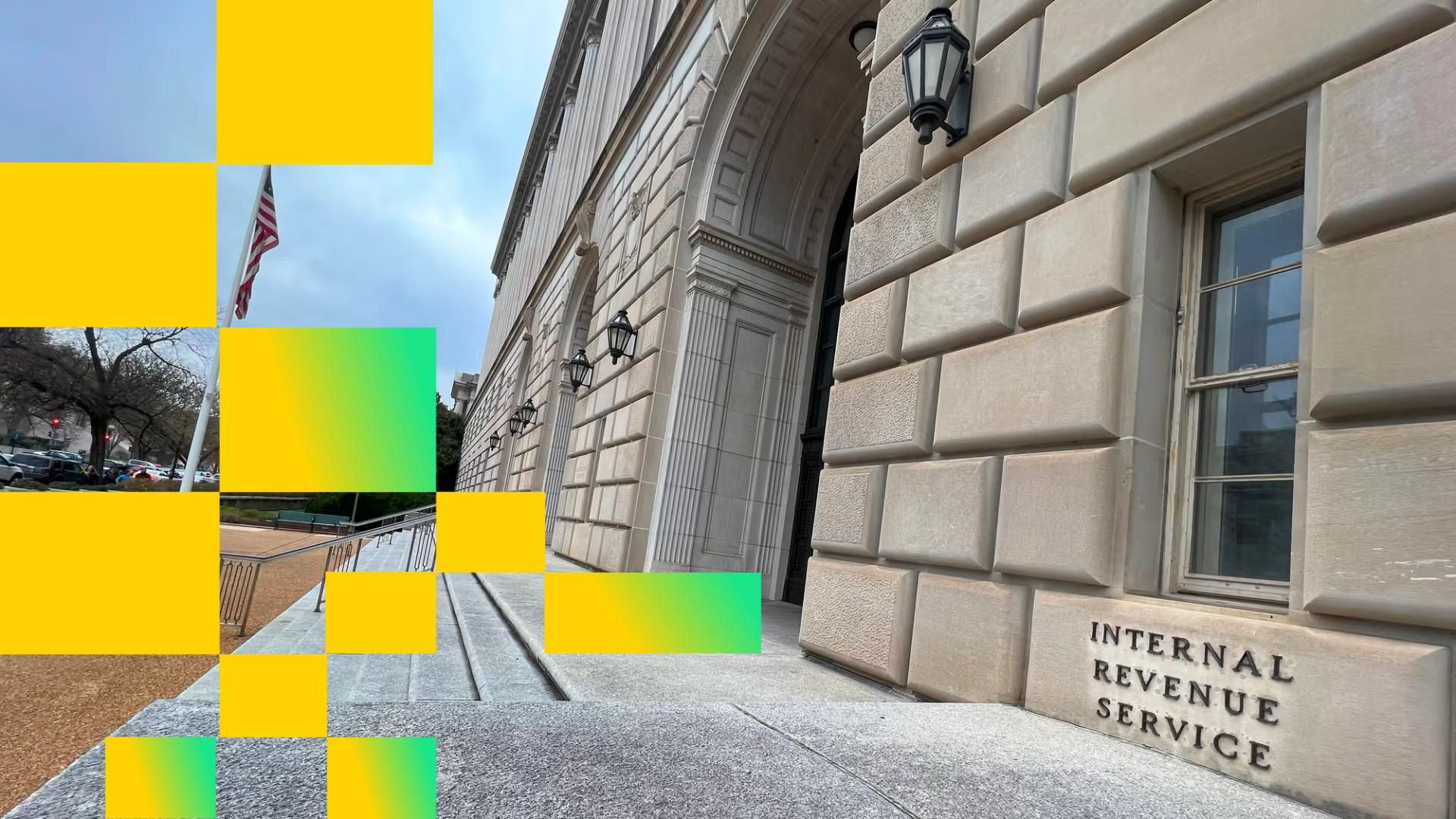
New Internal Revenue Service guidance will relieve tax burdens on companies that hold cryptocurrencies and other assets, though it is limited to certain types of businesses.
The IRS published interim guidance earlier this week announcing that C Corporations — a certain type of business — generating more than $1 billion in revenue no longer need to pay taxes on unrealized capital gains under the Corporate Alternative Minimum Tax, a move which benefits firms like Strategy (MSTR) and Mara Holdings (MARA) given the sheer amount of Bitcoin (BTC) these firms hold on their balance sheets. Both companies said they would benefit from the guidance.
Brett Cotler, a partner at the law firm Seward & Kissel, said that this would primarily apply to larger corporations, including Digital Asset Treasury (DAT) companies.
"Crypto can be very volatile at times … [a] company's going to have a tax liability but may not have the cash to pay that tax liability, so it'll have to liquidate assets to pay it," he said. "This proposal helps with that issue by saying 'for those assets, you're not recognizing them on a mark to market basis,' so it's definitely going to help the [firms] that are out there and it will probably also help other non-DAT corporate entities that hold crypto."
Backing up, the corporate alternative minimum tax regime applies to certain types of corporations, imposing a minimum tax on these larger corporations. Treasury asset values are among the issues that these corporations would have had to pay taxes on, Cotler said.
Not just crypto
Companies with crypto assets are similarly subject to these rules, said Shehan Chandrasekera, head of tax strategy at CoinTracker.
"This is not a crypto specific issue. This is any company who's making roughly a billion dollars of revenue a year would be subject to that. And that's most of the S&P 500, even way beyond that," he said. "It's not saying anything about crypto specifically. But the reason why crypto is related is because if you're marking up crypto, that will trigger unrealized gains."
The guidance is interim but still applicable, both Cotler and Chandrasekera said, meaning companies can rely on it as they file taxes next year.
Interim guidance like this will usually become a proposed final rule and then will be finalized, Chandrasekera said. The IRS's guidance this week isn't finalized, but it signals where the agency is headed.
Companies won't need to file until April of next year, and could extend to October, giving the IRS time to finalize this guidance — even with the ongoing government shutdown, which halted all non-essential work by federal employees.
免责声明:本文章仅代表作者个人观点,不代表本平台的立场和观点。本文章仅供信息分享,不构成对任何人的任何投资建议。用户与作者之间的任何争议,与本平台无关。如网页中刊载的文章或图片涉及侵权,请提供相关的权利证明和身份证明发送邮件到support@aicoin.com,本平台相关工作人员将会进行核查。




